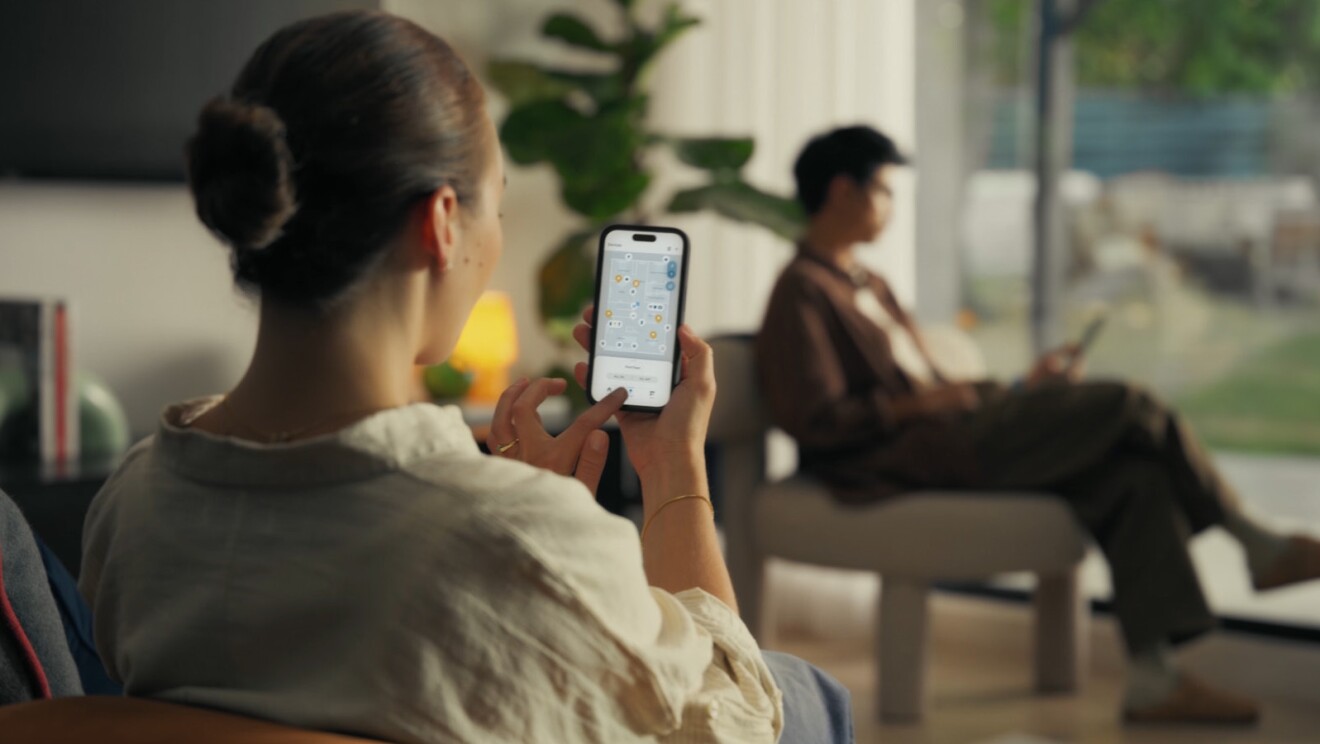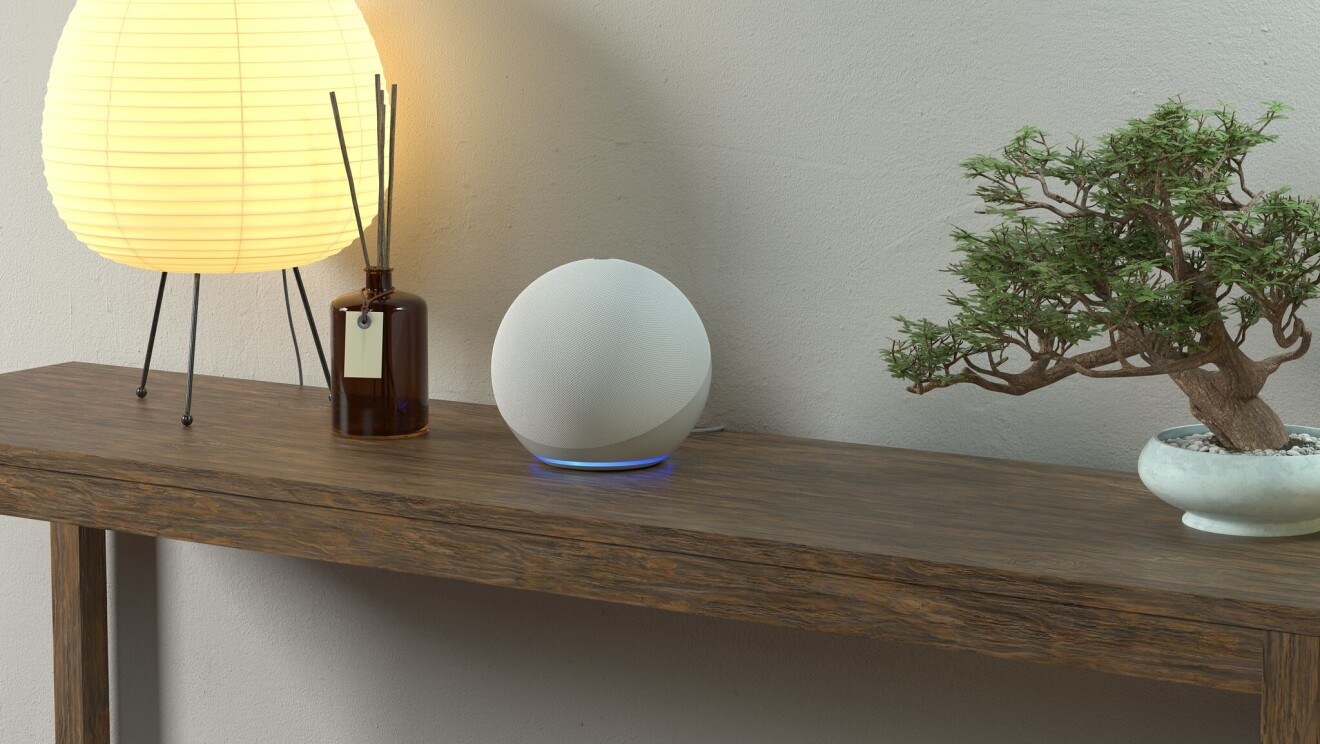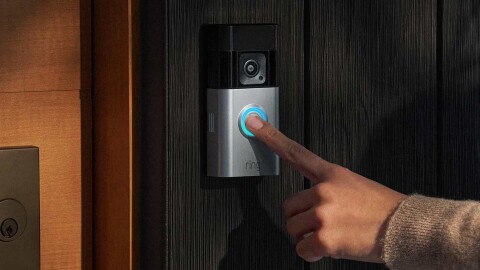I’ve worked on the front line of innovation for most of my career, across game-changing technologies like Kindle Content and Amazon Books.
Despite this, I’m not usually the first to get my hands on the latest devices. It took a long time for me to become a smartphone convert; it was my father who introduced me to Skype, and it was my Grandma who was hooked on her Kindle before I even got one.
My grandmother, the biggest Kindle-fan
At the age of 90, my Grandma spent the final six months of her life in a lovely care home in Wellington, Somerset, after a lengthy hospital stay. She was an early adopter of the Kindle, and would read one book a week. But as she entered her final half-year, she lost her mobility and dexterity as well as her ability to read on her beloved Kindle.
So, when I first read about Alexa Smart Properties for Senior Living, I couldn’t stop thinking about how much of a positive difference this technology could have made, not just for my Grandma, but for the staff who cared for her.
My Grandma was a brilliant woman, dubbed The Queen of The Roast by our family — and I still firmly believe that her roast potatoes were the best in Britain — but she soon struggled to navigate the kitchen like she used to.
Alexa-enabled Smart Home devices could have given her more independence and greater control of her surroundings, from selecting her favourite radio stations without leaving her chair to hearing updates about when her carers would arrive.
How Alexa can help people in care homes
By the time she was admitted into a nursing home, my Grandma could no longer get out of bed, and her cognitive capacity was limited. My family was comforted by the wonderful memories we’d made with her throughout her long and mostly healthy life, but what was even more comforting was meeting the staff and Home Manager who looked after her in her final months. Despite how under-resourced they were, everyone was brimming with patience, humour, and kindness, showing an incredible amount of care and concern for my Grandma and my family.
The staff at the care home could have used Alexa to create a relaxing and comfortable environment for residents through gentle music and lighting — all without needing to stop what they were doing or remove their PPE.
Alexa Smart Properties could also have helped residents keep in touch with family and friends who live in other countries, or even reduce loneliness by reminding patients about fun activities and events to get involved with in the care home.
I knew this was only scratching the surface of the benefits these technologies had to offer, so when I saw a role open up at Alexa Smart Properties I couldn’t help but hit apply straight away.
As soon as I started in the role, I realised how vast the possibilities were for voice-enabled care. Care home staff could make simple changes to their daily activities that saved hundreds of hours a week, freeing them up to spend more precious time providing comfort and support to their patients.
I’m delighted I took the role and now have the opportunity to work in a sector with so many passionate people — unsurprising, given how emotive the topic is for many of us. In only 18 months, I’ve seen some ground-breaking technology and care platforms exhibited at conferences, but they’re far from becoming the industry standard.
But with enough agility and trialling, I can see a future where we fully embrace these technologies to drastically improve the lives of many — with early adopters like my Grandma, Betty Barnett, leading the charge.
Read more stories about customers using Alexa to lead more independent lives.














